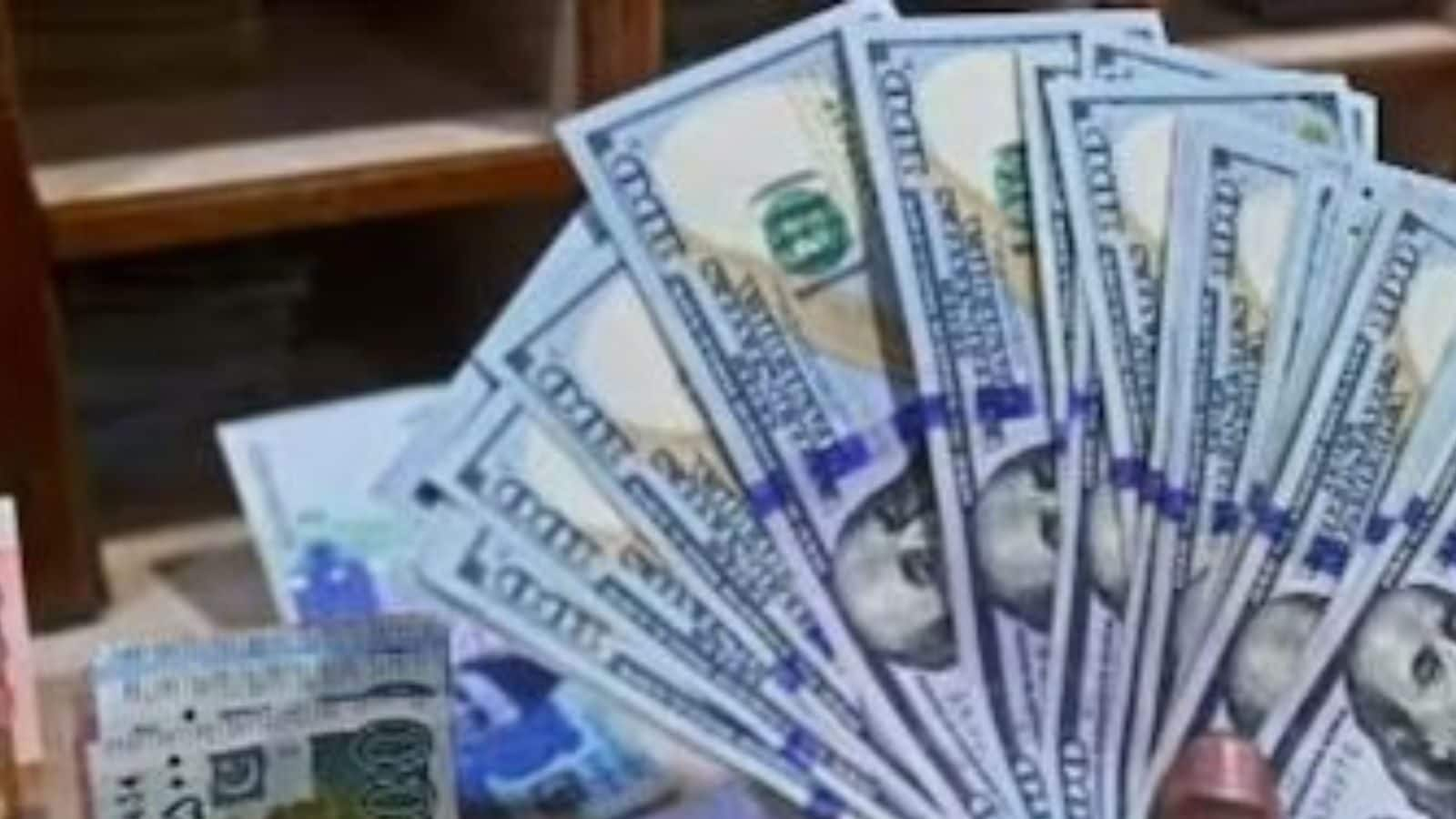Moody’s Investors Service downgrades long-term deposit ratings of 5 Pak banks
Edited By: Pathikrit Sen Gupta
Last Updated: March 03, 2023, 23:26 IST

Pakistan is in dire need of funds as it battles a worsening economic crisis. (File photo: AFP)
These banks are Allied Bank Limited (ABL), Habib Bank Limited (HBL), MCB Bank Limited (MCB), National Bank of Pakistan (NBP), and United Bank Limited (UBL)
In a fresh blow to beleaguered Pakistan, Moody’s Investors Service on Friday downgraded the long-term deposit ratings of five of the country’s banks to Caa3 from Caa1.
These banks are Allied Bank Limited (ABL), Habib Bank Limited (HBL), MCB Bank Limited (MCB), National Bank of Pakistan (NBP), and United Bank Limited (UBL).
The agency also downgraded the five banks’ long-term foreign currency Counterparty Risk Ratings (CRRs) to Caa3 from Caa1.
Moody’s also lowered the five banks’ Baseline Credit Assessments (BCAs) to Caa3 from Caa1, and as a result, also downgraded their local currency long-term CRRs to Caa2 from B3 and their long-term Counterparty Risk Assessments to Caa2(cr) from B3(cr).
The ratings agency recently downgraded the Government of Pakistan’s issuer and senior unsecured debt ratings to Caa3 from Caa1, to reflect Moody’s assessment that Pakistan’s increasingly fragile liquidity and external position significantly raises default risks.
Moody’s said that the downgrade of the long-term ratings of the five Pakistani banks shows: (1) the weakening operating environment, as captured by Moody’s lowering of its Macro Profile for Pakistan to “Very Weak” from “Very Weak+”; and (2) the high interlinkages between the sovereign’s weakened creditworthiness – as indicated by the downgrade of the sovereign rating to Caa3 from Caa1 – and the banks’ balance sheets, given the banks’ significant holdings of sovereign debt securities.
“The deterioration in Pakistan’s operating environment reflects both the rising government liquidity and external vulnerability risks, with foreign exchange reserves declining to critically low levels, as well as the high costs of living with headline inflation likely to rise further as energy prices increase in tandem with the removal of energy subsidies,” said the agency.
The State Bank of Pakistan has raised the key interest rate by 300bps, taking it to 20%. The ratings agency said that the combination of these factors, together with the high-interest rates, will dampen consumer confidence and compromise borrowers’ repayment capacity.
“In turn, these factors will pressure banks’ earnings, asset quality and capital metrics, and also potentially jeopardise financial stability. These pressures have led to the lowering of the country’s Macro Profile to Very Weak from Very Weak+,” said Moody’s.
Read all the Latest News here
For all the latest world News Click Here

